Top Ten Points To Include In Your Parent-Teen Driving Agreement

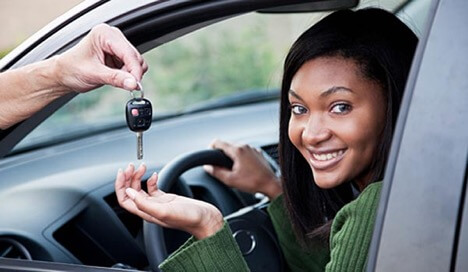
Your teen wants freedom to cruise around unaccompanied, but you want to make sure they’re safe. Include these 10 ground rules in your parent-teen driving agreement for more freedom and peace of mind.
Teens are more likely to obey a set of rules that they have agreed to, rather then rules that have been dictated to them. Sit down with your teen and come up with a driving agreement to set up expectations for when your teen starts driving alone. Ask your teen to suggest penalties for any violations of the agreement, and put these in writing too.
Include these ten points to help ensure safe trips every time.
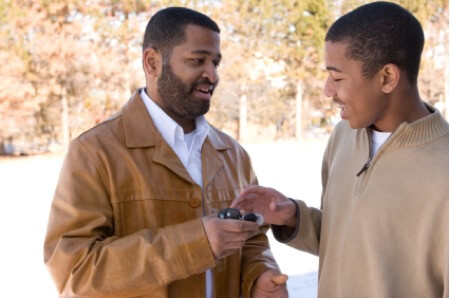
Check with a parent every time you want to use the car. A parent should always know where you’re going, who you’ll be with, how to reach you, and when you’ll be back.
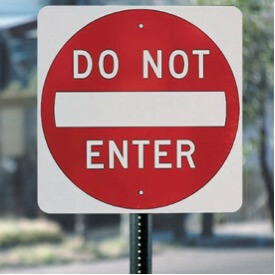
Follow all traffic laws and street signs. These include always wearing seatbelts, following speed limits, coming to a full stop at stop signs and red lights, using turn signals, checking mirrors and blind spots, and obeying road signs.

If other passengers will be in the car at any point, first make sure that this is okay with parents. Never pick up someone you don’t know, and even with friends only allow them in the car if they don’t distract your focus from driving.

Err on the side of caution and safety. Don’t speed or run a light even if you’re running late for curfew. If weather conditions worsen, slow down or carefully pull over. Keep your phone charged, but don’t using for calling or texting unless the car is in park.
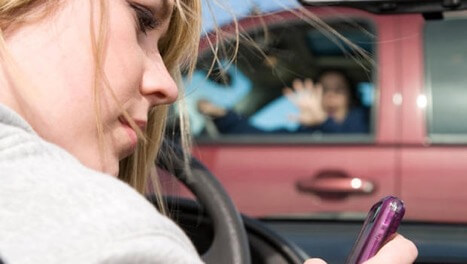
Stay focused on driving at all times. For the first few months of driving alone, don’t use the radio, listen to music, or ride with friends. Even after you’re more used to driving, keep these distractions to a minimum. Never drive with headphones on, while eating, or while multitasking in other ways (such as texting or putting on makeup).
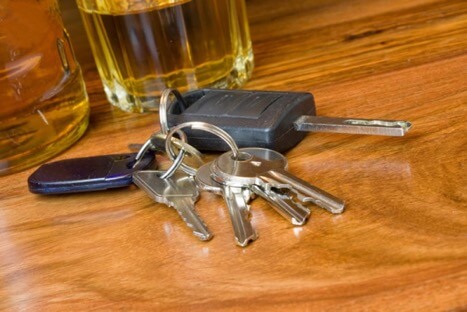
Never drive while under the influence of drugs or alcohol, or while otherwise unprepared for driving. Other types of impairment include being very tired, sad or angry, or very stressed. If you feel unable to drive safely stay where you are and call a parent or other trusted adult to come get you.
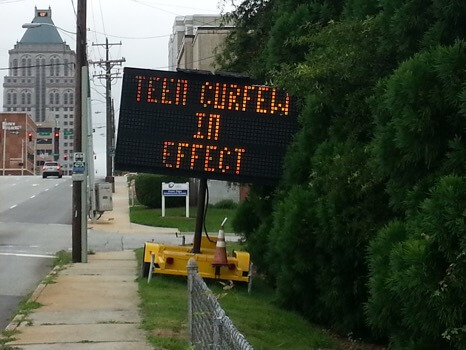
Obey all pre-determined curfews and driving restrictions agreed upon with parents. These might include not driving after 9pm for the first 3 months after getting your license, only driving in clear weather conditions for the first 6 months, and staying off the highway until you’ve been driving alone for 6 months.
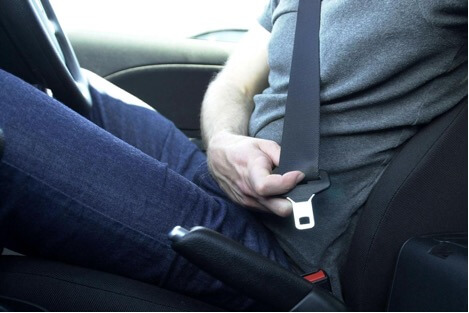
Wear seatbelt at all times and require all passengers to do the same. No exceptions.
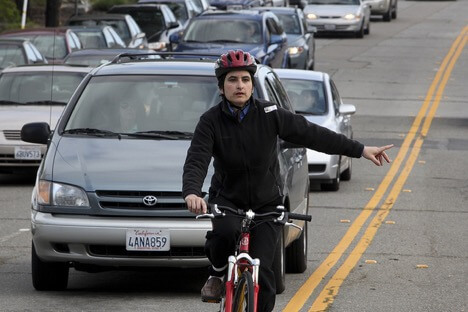
Respect other drivers, bicyclists, and pedestrians. Keep the roads safe for everyone by being aware of your surroundings at all times. Don’t tailgate, speed, or honk unnecessarily.
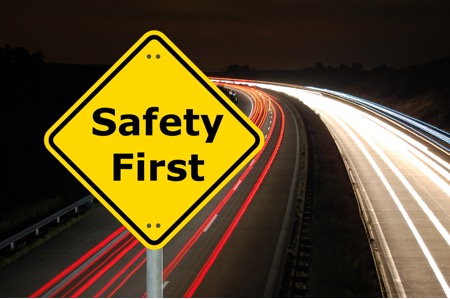
ALWAYS call a parent to come get you if you are unable to drive for any reason. Safety is always first.